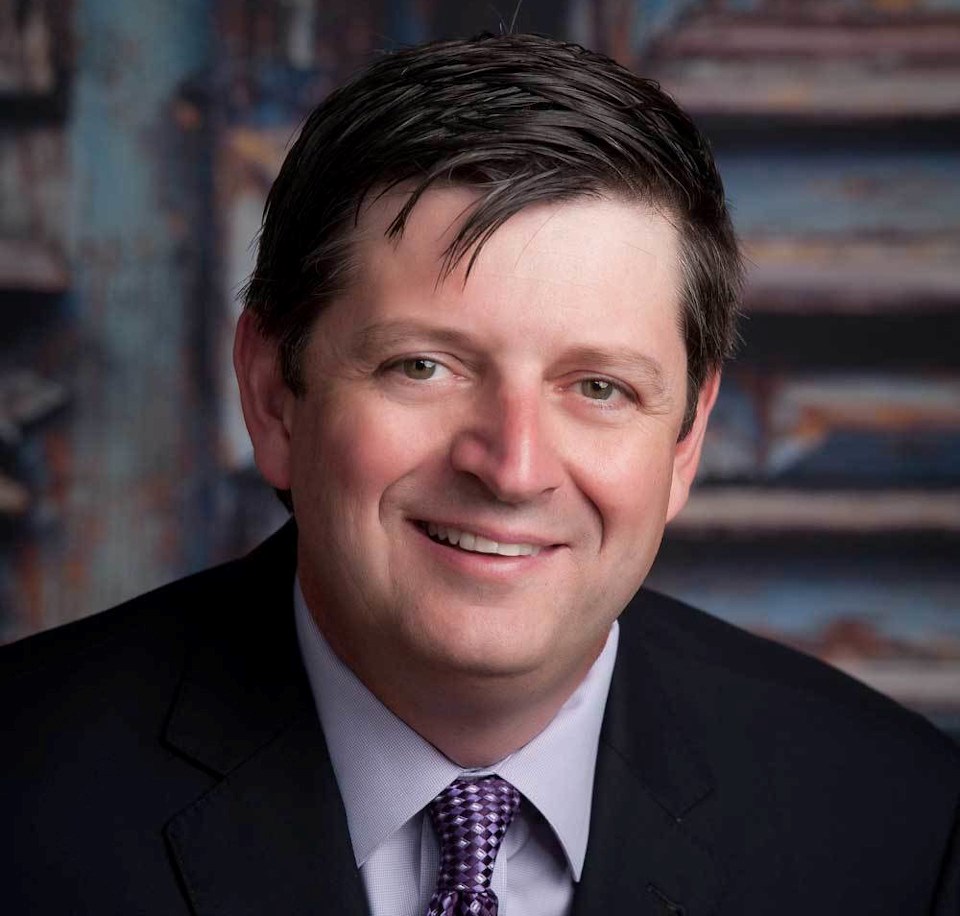Dr. Bill Howatt wants people to think about their mental health as a battery that frequently needs charging.
Stressors – environmental, situational, personal – can drain the battery. But there are also measures people can take to help charge it up.
As the COVID-19 pandemic creates more stressors for workers and businesses across the country, Howatt suggested there are things employees and employers can do to help stay mentally well during this time.
“If we know what charges your battery and we know what drains your battery, we can impact your mental health,” said Howatt during an April 22 webinar presented by the Ontario Chamber of Commerce and Arete HR.
With more than 30 years of experience in strategic human resources, mental health and addictions, and leadership, Howatt is considered one of the country’s leading experts in mental health issues in the workplace.
He is the founder and president at Howatt HR Consulting, and serves as the chief of research for workforce productivity with the Conference Board of Canada.
Though stress is a part of life and everyone experiences it, Howatt said, it’s particularly heightened during a pandemic when workers could be facing financial burdens, job loss, illness, or just a general anxiety about the unknown.
But there are three key factors people can focus on to “charge their batteries” and promote their mental health: physical health, mental fitness, and social connections.
When it comes to physical health, Howatt encourages people to exercise regularly, eat healthfully, and get plenty of sleep.
Mental fitness, meanwhile, can be enhanced by setting up a routine, practising meditation, journalling, or writing down what you’re grateful for.
But the number one driver for mental health is social connections, Howatt said.
That’s why, at a time when Canadians are being asked to physically distance themselves to prevent the spread of COVID-19, people are feeling lonely and isolated.
“We are hardwired to want to have meaningful connections that meet our needs,” Howatt said. “That’s one of the reasons why this pandemic has caught some people by surprise.”
Social connections don’t just have to be deep, close relationships, he said.
Research shows that our moods are boosted even by a brief hello at the gas station or coffee shop, he noted. Just those simple interactions provide a “charge” to our batteries.
“If that source of charge is not there during this, it’s good for us to be proactive and supplement,” Howatt said.
He suggested interacting with friends online, focusing on your partner relationship, scheduling phone or video calls, or even having a virtual dinner or wine tour.
When it comes to employers supporting their employees, Howatt said it’s helpful to realize that everyone will process their time during the pandemic differently.
Some will return to work as though nothing happened, while others will remain concerned about the influences of COVID-19.
Some may be impacted in a greater way, either through financial burden or job loss, and some may be traumatized following the death of a loved one.
“Your employees are going to come in these four ‘buckets,’” Howatt said. “That doesn’t mean that everyone’s going to have the same need.”
Howatt has developed an online Mental Fitness Index (MFI) tool, which is free to access, and lets people get a sense of how their own mental health is doing.
Encouraging employees to “get a baseline” of their own mental fitness is a start, he said.
Employers can also let their staff know what resources are available to them, including in their Employee Assistance Program (EAP).
Creating a workplace that’s welcome and safe, listening to employees, and letting them know they’re valued and trusted will all go a long way to helping them feel “psychologically safe,” Howatt said, which is critical at this time.
“What they’ll do is they’ll start being able to process this in a different way, through a different lens,” he added.
Prior to the onset of COVID-19, the conversation around mental health was already picking up momentum, he said.
Now, as the globe navigates its first pandemic in a century, he’s hopeful the stigma around mental health can finally be broken.
“We’re fallible, we’re a finite resource, and we need support,” he said. “We’re talking about mental health more than we’ve ever talked about it. Let’s just hope we hold onto it.”




